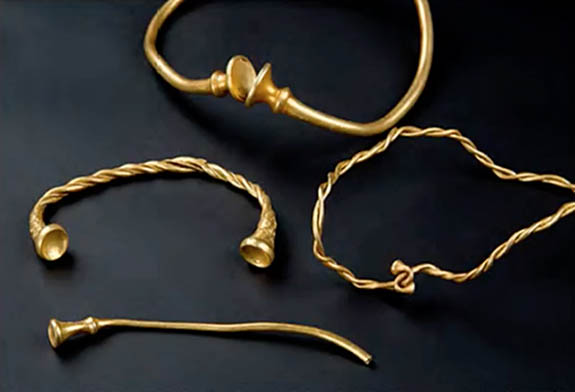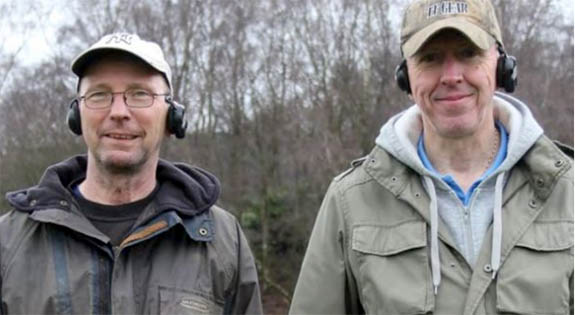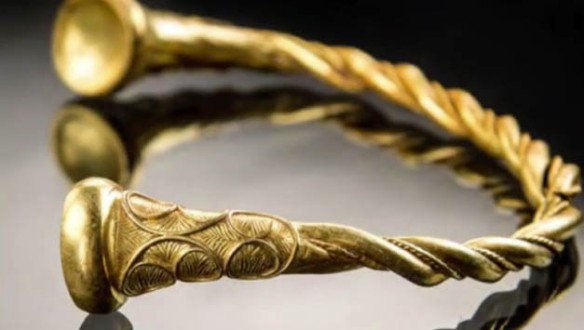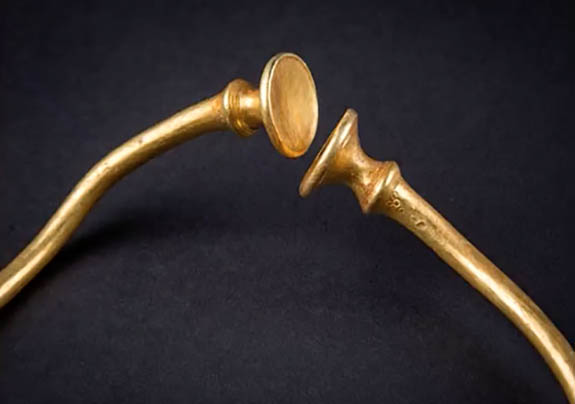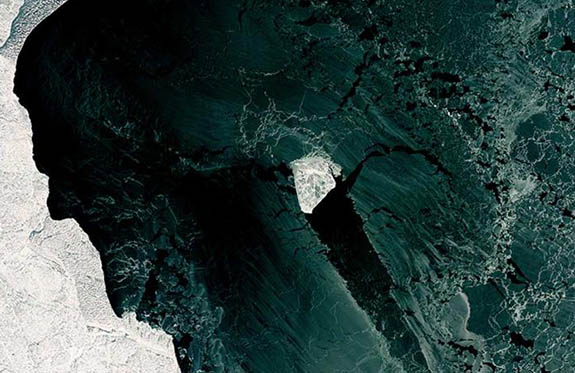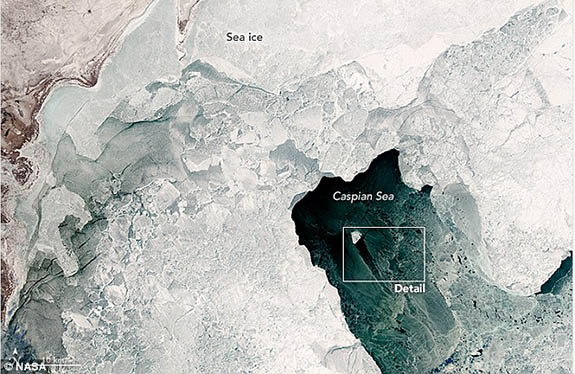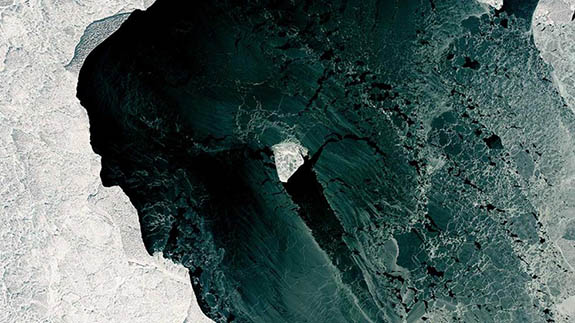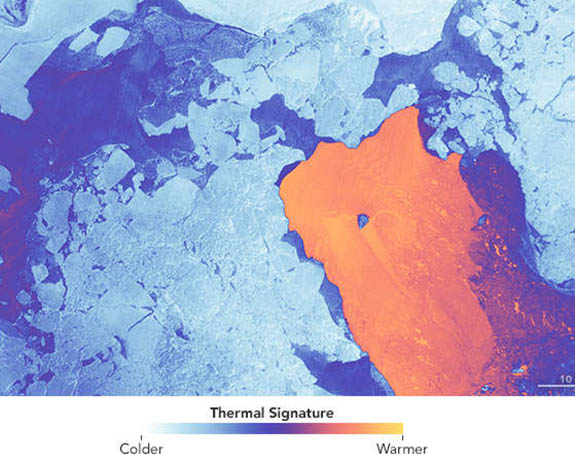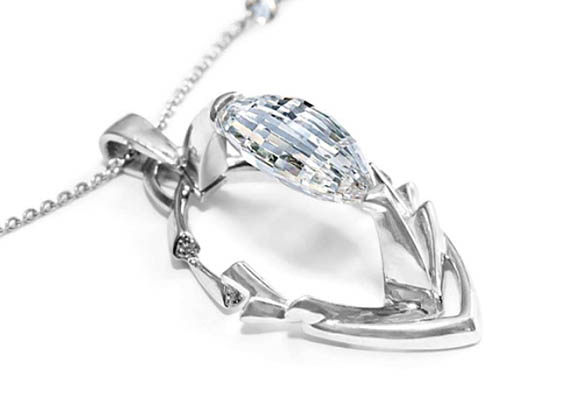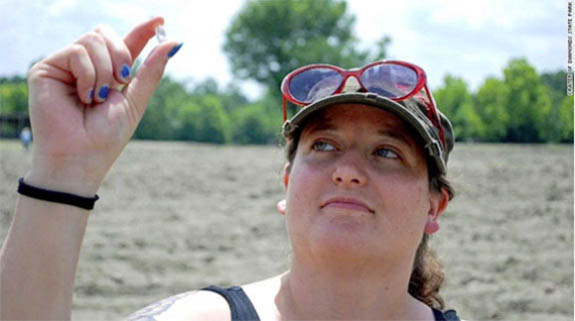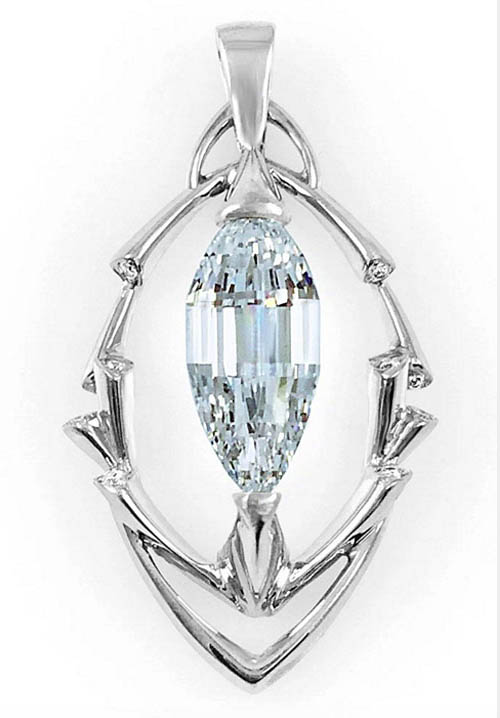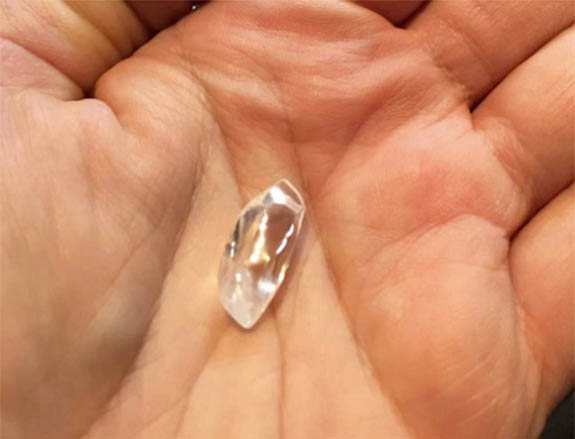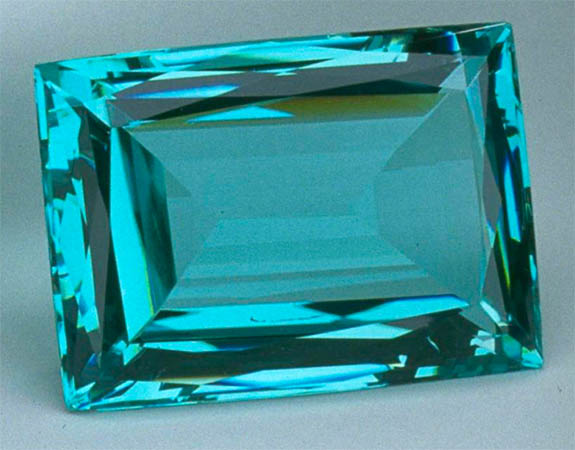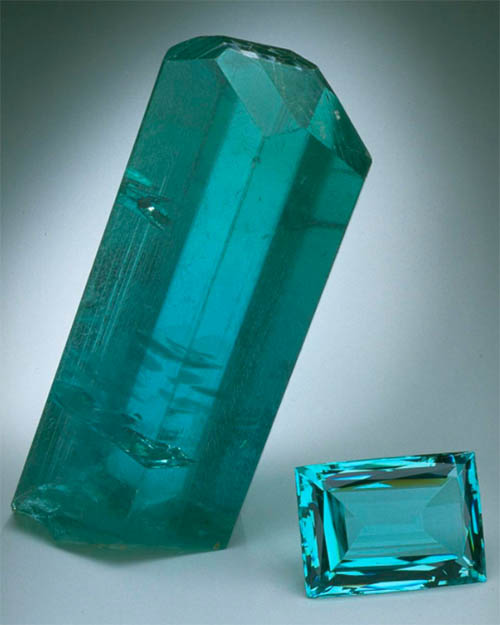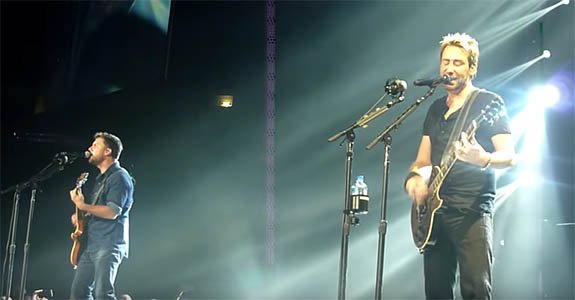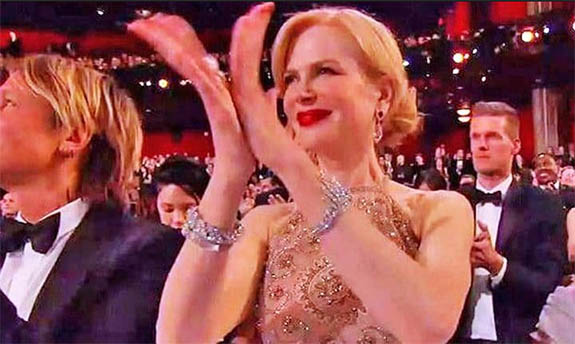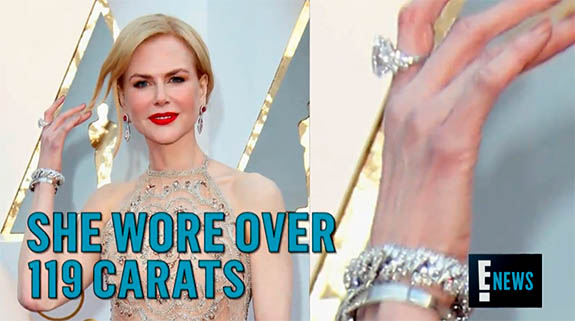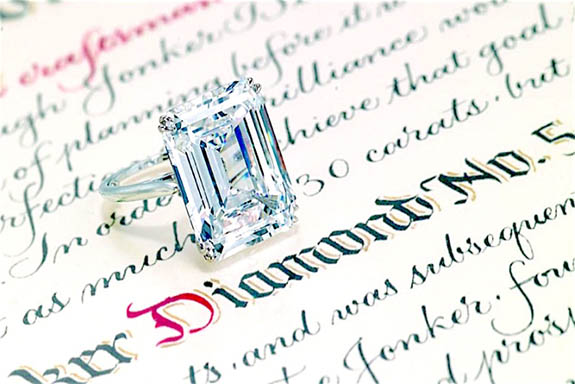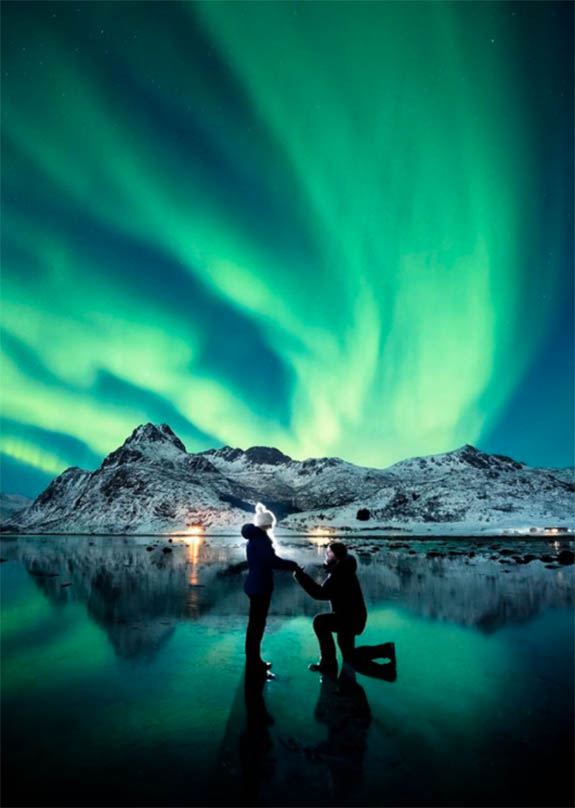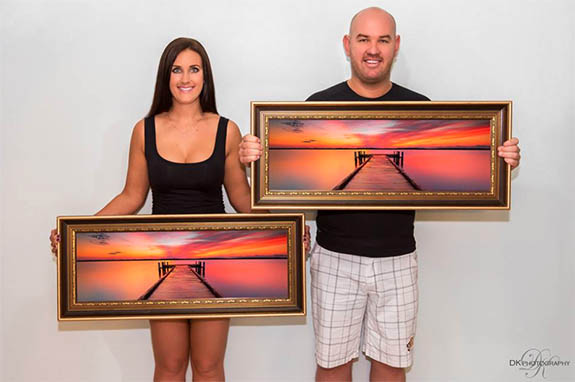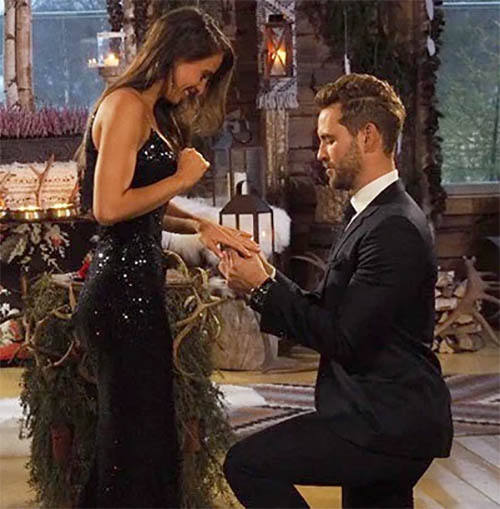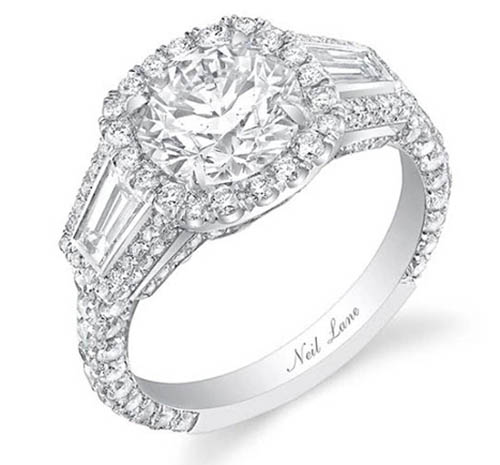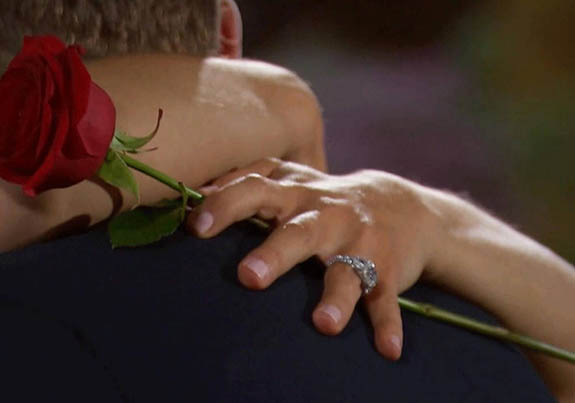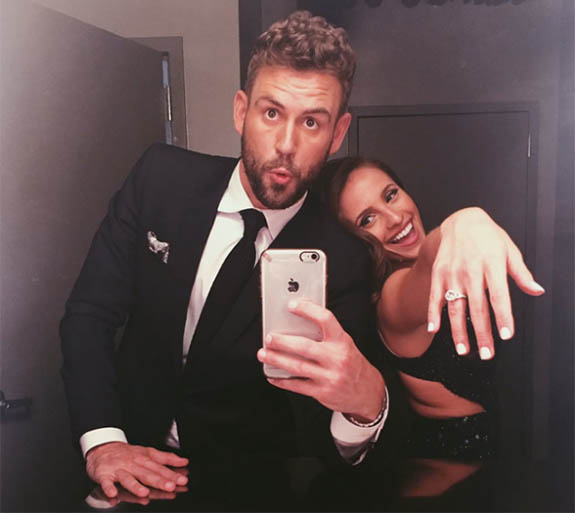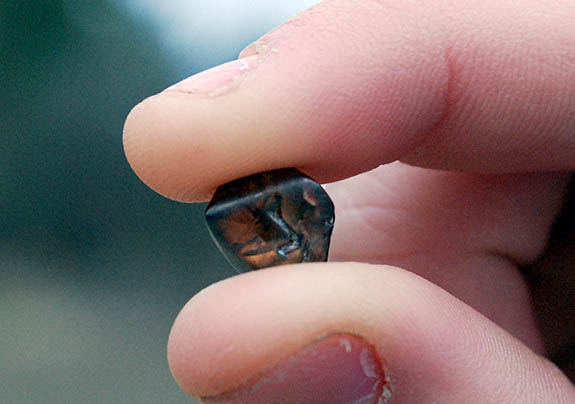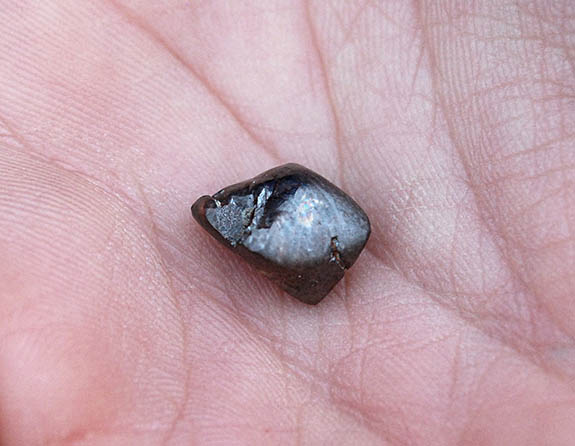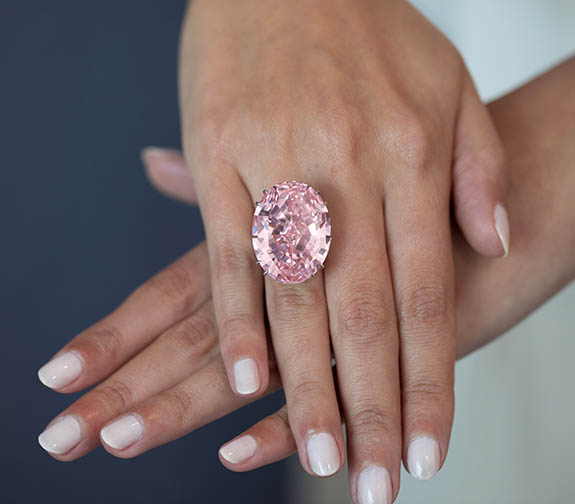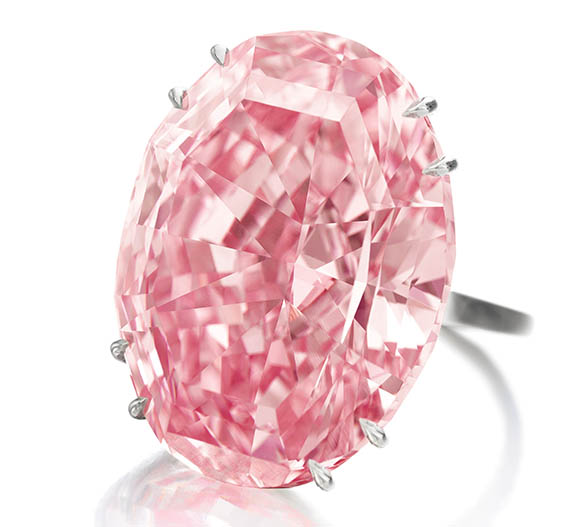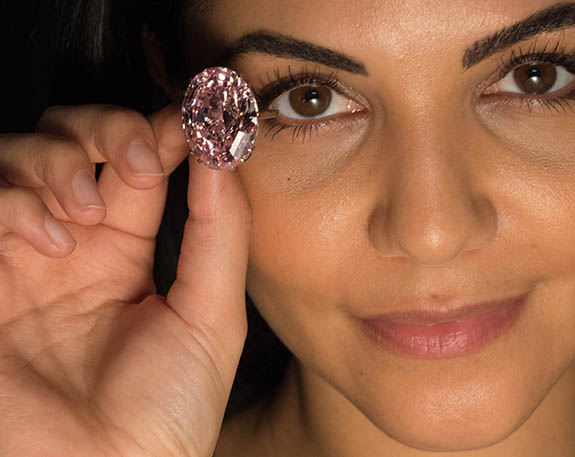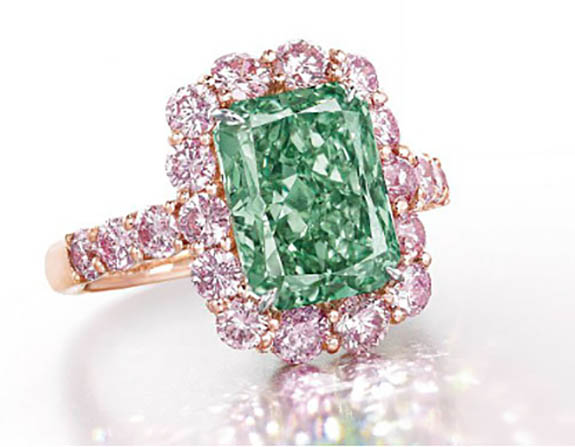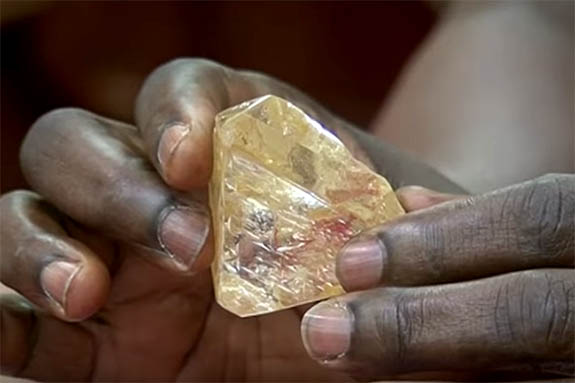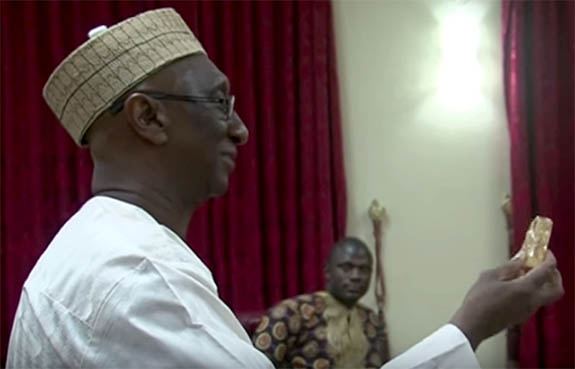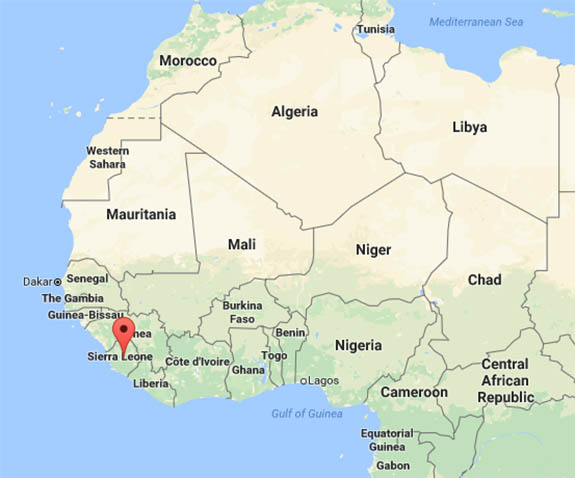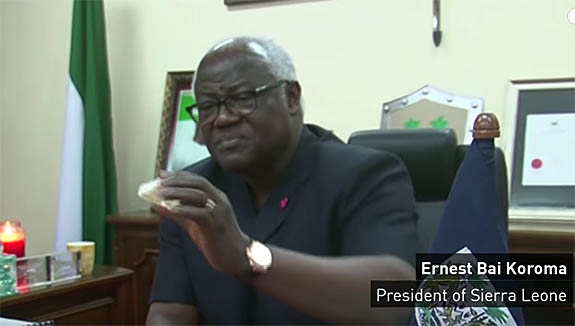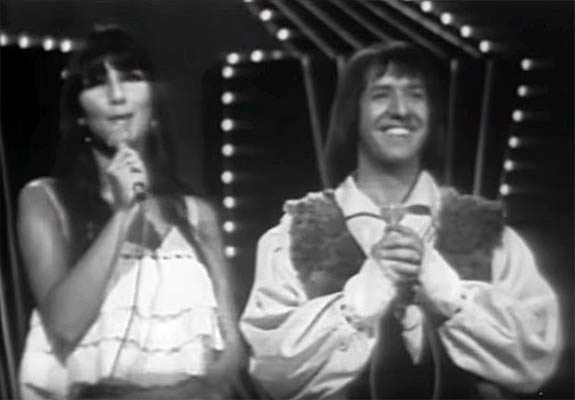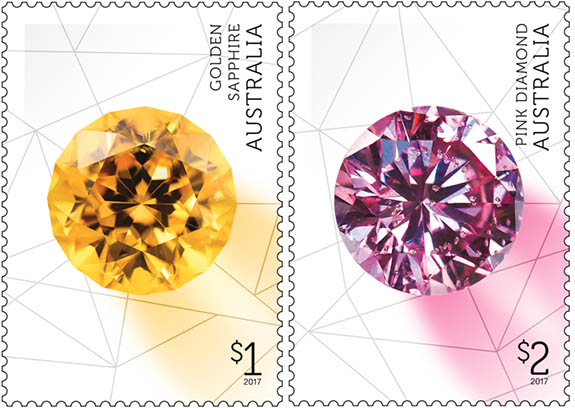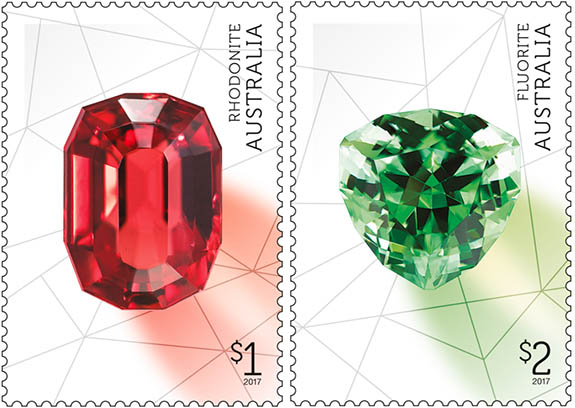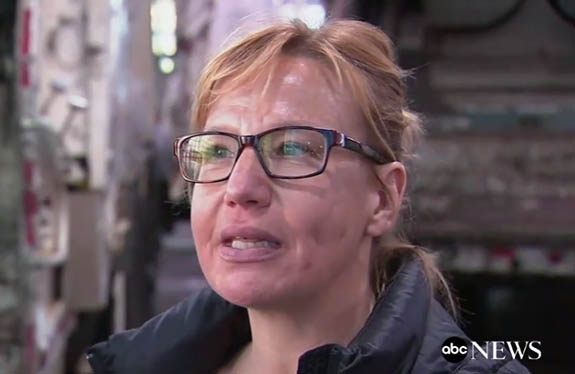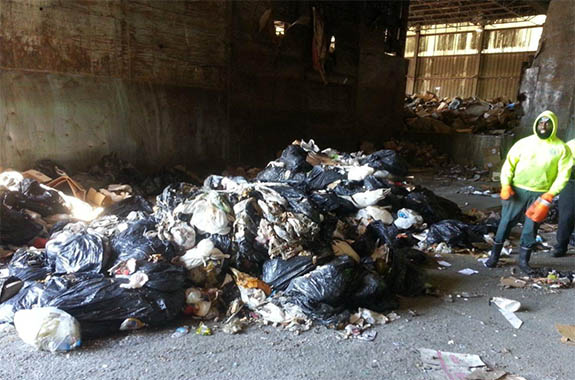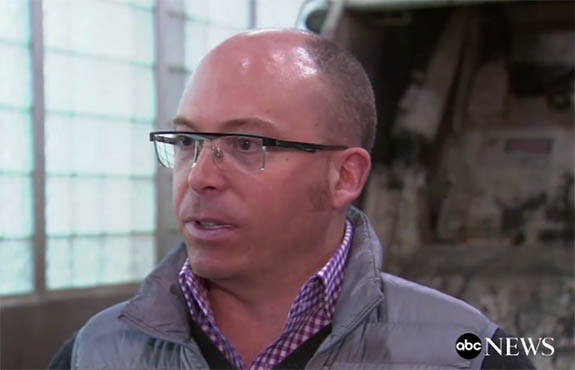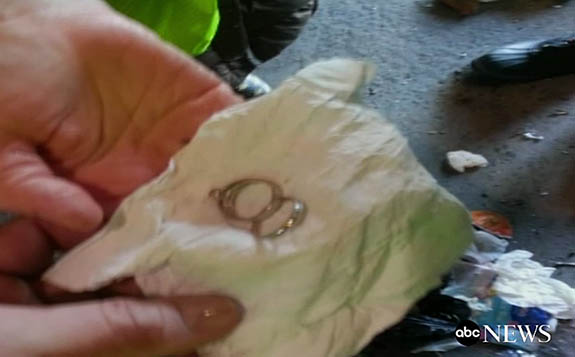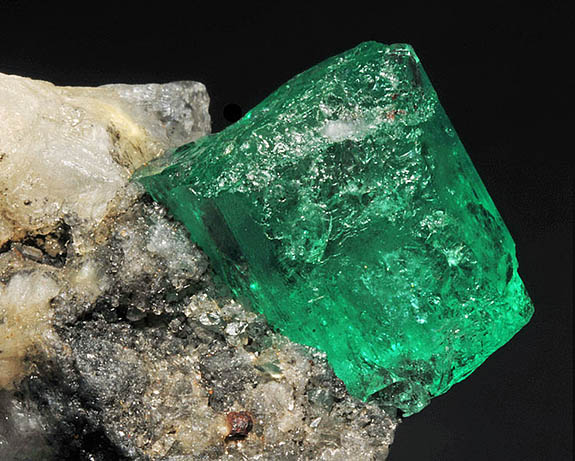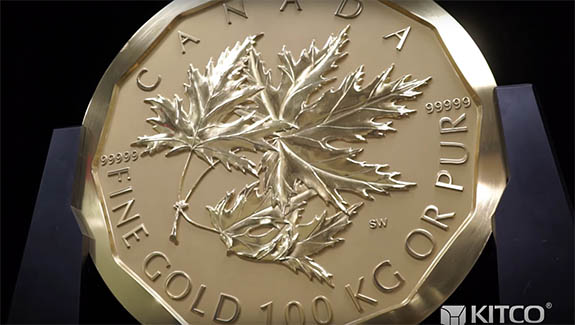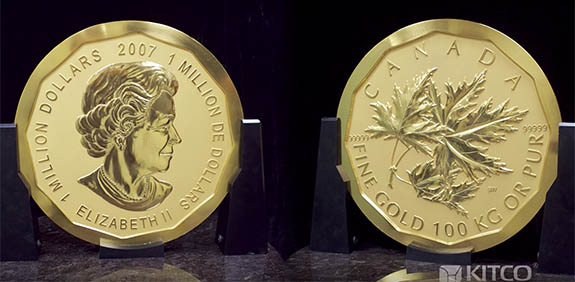March 1st, 2017
One thousand lots from the estate of celebrated author Jackie Collins — including a 6.04-carat pear-shaped diamond — will hit the auction block on May 17 and 18 at Bonhams in Los Angeles.
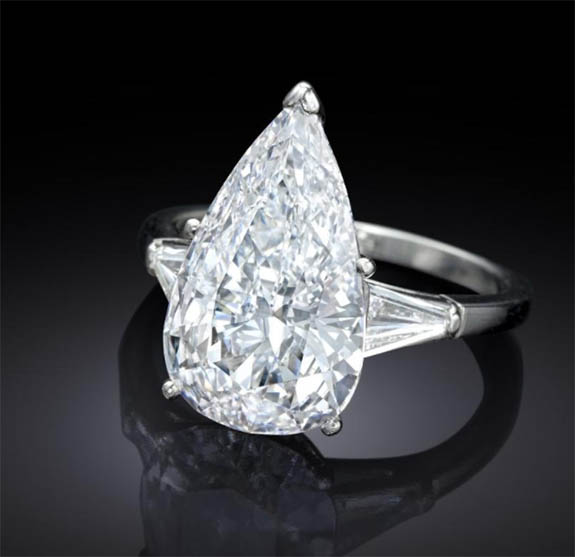
The star and socialite, who wrote 31 novels which together sold more than 500 million copies in 40 countries worldwide, passed away in September of 2015 at the age of 77. During her stellar 47-year writing career, Collins amassed an impressive collection of fine art, sculpture and jewelry.
Bonhams is calling the two-day auction "Jackie Collins: A Life in Chapters." The lots are estimated to be worth in excess of $3 million in total.

The jewelry reflects the style and glamor of the British-born author, who called Beverly Hills her home since 1992.
• The top item in the jewelry category is a 6.04-carat pear-shaped diamond ring. Carrying a pre-sale estimate of $100,000 to $150,000, the platinum ring features tapered baguettes on the shoulders.
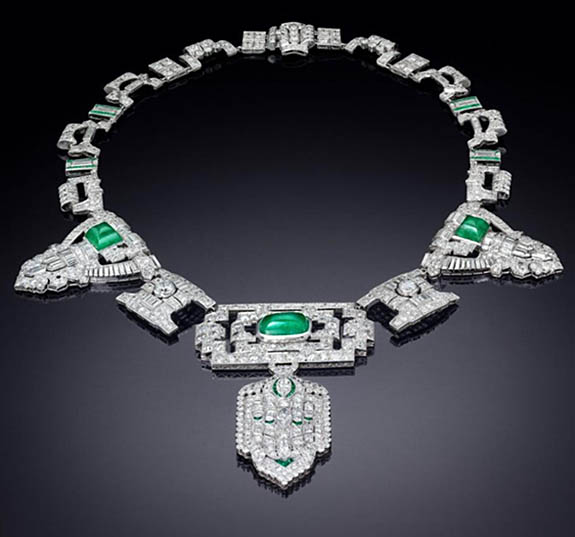
• A second head-turner is this geometric platinum necklace set with diamonds and emeralds weighing a combined 44 carats. The pre-sale estimate is $40,000 to $60,000.
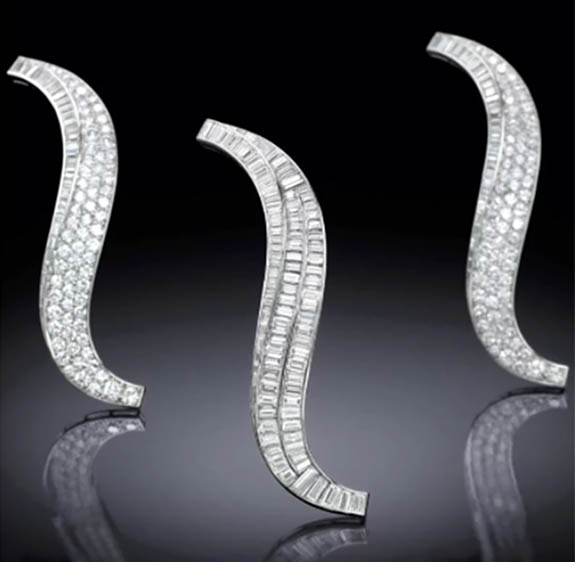
• A collection of three diamond-and-platinum Flamme brooches are expected to sell for $15,000 to $20,000. Two of the brooches are set with round brilliant and baguette-cut diamonds, while the third is set solely with baguette diamonds. The total weight of the three pieces is 26.70 carats.
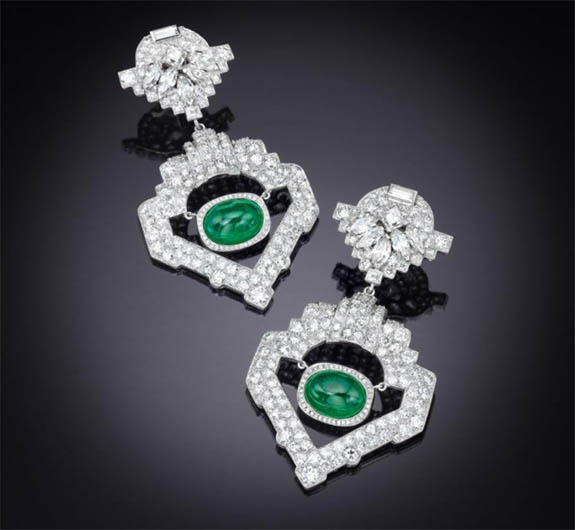
• Verdant cabochon emeralds are the focal point of these ear clips, which boast a diamond total weight of 17.65 carats. The clips carry a pre-sale estimate of $8,000 to $12,000.

"Our mother never did anything in small measures!" noted Collins' daughters — Tracy, Rory and Tiffany — in a joint statement. "She was passionate about collecting, and spent many decades selecting paintings, statuettes and jewelry which brought her joy and creative inspiration."
The daughters said that in the early 1990s their parents designed and built a breathtaking contemporary home in Beverly Hills, which became the custom designed backdrop to their mother's collections.
"She had a unique and extraordinary eye for a design and aesthetic that combined elegance and glamor with humor and warmth," they said.
Bonham's announced that a portion of all proceeds from the auction will be donated to support the empowerment of young women in the arts and education.
Credits: Images courtesy of Bonhams.

The star and socialite, who wrote 31 novels which together sold more than 500 million copies in 40 countries worldwide, passed away in September of 2015 at the age of 77. During her stellar 47-year writing career, Collins amassed an impressive collection of fine art, sculpture and jewelry.
Bonhams is calling the two-day auction "Jackie Collins: A Life in Chapters." The lots are estimated to be worth in excess of $3 million in total.

The jewelry reflects the style and glamor of the British-born author, who called Beverly Hills her home since 1992.
• The top item in the jewelry category is a 6.04-carat pear-shaped diamond ring. Carrying a pre-sale estimate of $100,000 to $150,000, the platinum ring features tapered baguettes on the shoulders.

• A second head-turner is this geometric platinum necklace set with diamonds and emeralds weighing a combined 44 carats. The pre-sale estimate is $40,000 to $60,000.

• A collection of three diamond-and-platinum Flamme brooches are expected to sell for $15,000 to $20,000. Two of the brooches are set with round brilliant and baguette-cut diamonds, while the third is set solely with baguette diamonds. The total weight of the three pieces is 26.70 carats.

• Verdant cabochon emeralds are the focal point of these ear clips, which boast a diamond total weight of 17.65 carats. The clips carry a pre-sale estimate of $8,000 to $12,000.

"Our mother never did anything in small measures!" noted Collins' daughters — Tracy, Rory and Tiffany — in a joint statement. "She was passionate about collecting, and spent many decades selecting paintings, statuettes and jewelry which brought her joy and creative inspiration."
The daughters said that in the early 1990s their parents designed and built a breathtaking contemporary home in Beverly Hills, which became the custom designed backdrop to their mother's collections.
"She had a unique and extraordinary eye for a design and aesthetic that combined elegance and glamor with humor and warmth," they said.
Bonham's announced that a portion of all proceeds from the auction will be donated to support the empowerment of young women in the arts and education.
Credits: Images courtesy of Bonhams.



